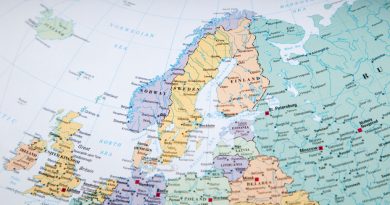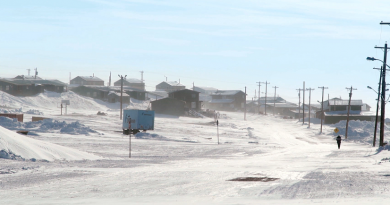Elections Canada apologizes to Nunavik voters left out of vote
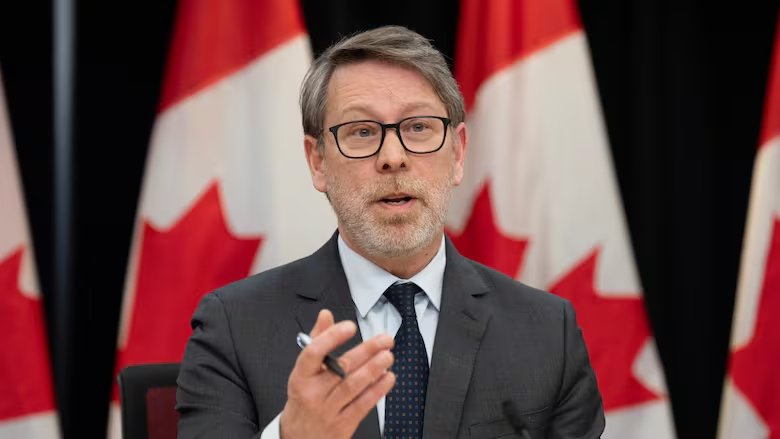
·
Elections Canada to review circumstances around the situation and publish findings
Elections Canada has apologized to voters in Nunavik who were unable to cast a vote in Monday’s federal election.
CBC News has heard from residents in several Nunavik communities who reported issues at polling stations, including some that closed early or didn’t open at all.
Earlier this week, Elections Canada said bad weather affected flights for workers, and they struggled with local recruitment.
“I deeply regret that some electors in Nunavik were not able to cast their vote. To them, I apologize,” said chief electoral officer Stéphane Perrault in a written statement on Wednesday.
According to Makivvik president Pita Aatami, nine of Nunavik’s 14 villages did not have local polling staff, so Elections Canada had to fly people in from elsewhere. That led to polls in many of those villages closing early.
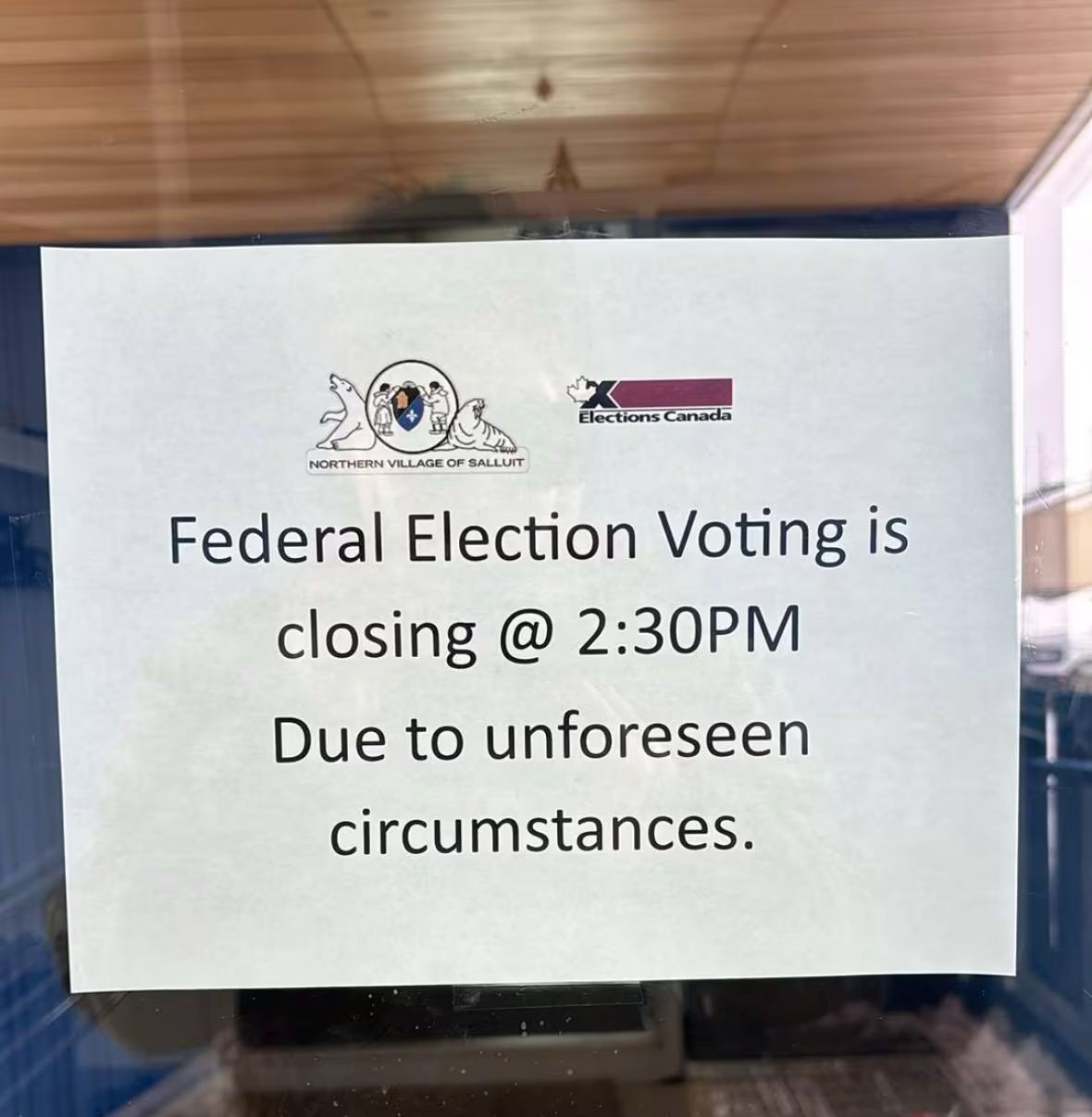
“It showed us how Inuit were made to feel like their right to vote was taken away from them … the issue has to be resolved before the next election,” he said in Inuktitut.
Perrault’s statement says that over the past three years, Elections Canada has made it a priority to remove barriers to voting services for Indigenous electors.
“Nevertheless, the shortcomings of our services in Nunavik during the general election underscore the importance of the work that remains,” he said.
“Elections Canada will review the circumstances that led to this situation, as well as the measures taken during this election to improve voting services to Indigenous electors. We will publish the findings.”
Fair and equal access for all Indigenous communities
Mandy Gull-Masty, the new MP for Abitibi–Baie-James–Nunavik–Eeyou, said she was fielding calls from people in Nunavik throughout election day. She said she’s gathered those complaints and submitted them to the compliance officer.
Now that she’s elected, Gull-Masty said she would work toward introducing a bill to Parliament to address some of the shortcomings that might come from the Elections Canada report.
Two issues stand out to her already: the engagement with locals to help at polling stations, and the lack of communication in Indigenous languages.
“People need to come to the community sooner. There needs to be more engagement with the local municipal offices. There are a lot of corporate secretaries that have experience in running an election,” she said.
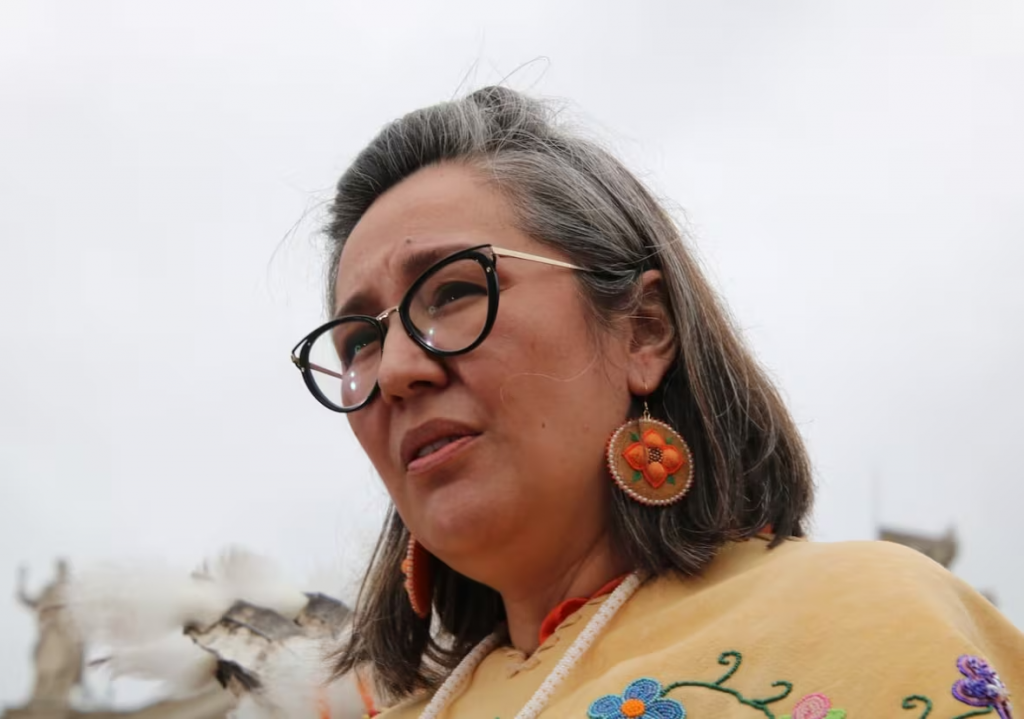
“The use of language would remove so many barriers for so many people. Having access to information in their own written language, not just Nunavik but also [elsewhere] like Eeyou Istchee. We have a lot of people fluent in Cree and do not speak English and French.”
Some voters CBC News spoke to also said there were no advance polls in their communities, and they were not aware of any recruitment drive for getting locals on board.
Mail-in issues
The voting issues weren’t just limited to polling stations.
Some Nunavik residents, like high school teacher Taylor Adams, didn’t receive their special ballots by mail despite having applied weeks prior to the deadline.
“All of our mail comes from Montreal … I think the earliest we can get mail from Montreal is generally about three weeks,” the Puvirnituq resident said.
“I just thought that maybe with the election they would have some kind of an express postage system, if it said ‘Elections Canada’ on the ballot.”
Once an elector’s application for a special ballot is approved, they’re unable to vote another way, such as in-person at advance polls, according to Elections Canada.
For those who did get their special ballots, Adams also wonders whether they would have even made it back to Elections Canada in time for the count.
“People already have a fearfulness of the systems that are in place and this really doesn’t help,” Adams said.
Forty-six per cent of registered electors in Abitibi–Baie-James–Nunavik–Eeyou voted in the 2025 federal election. That is roughly in line with the turnout in 2021, and below the 2025 national rate of 68 per cent.
Related stories from around the North:
Canada: Will Carney win bring new investment, security to North, or more of the same?, Eye on the Arctic

